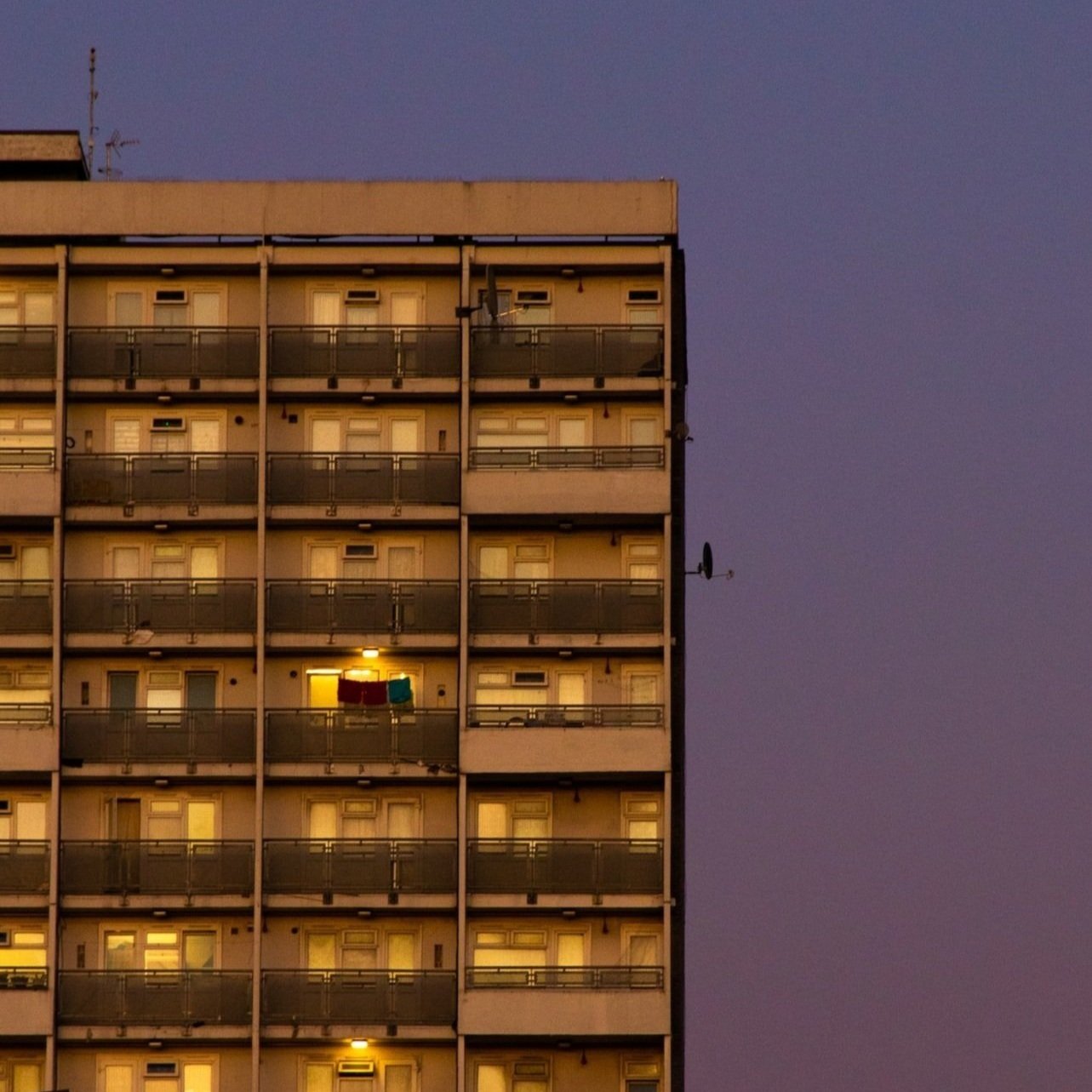Is Private Renting increasing or decreasing and does it matter?
There has been a lot of speculation about this recently, triggered in part by ever increasing rents. Some landlord organisations have been claiming that landlords have been pulling out of the market because of tax changes which mean that landlords no longer have a huge advantage over would-be owner occupiers when buying properties with a mortgage. Others have gone on to claim that the PRS is shrinking because landlords are scared off by the long-promised Renters' Reform legislation that will prevent landlords from applying to evict tenants without good reason. Well, it seems the answer may be that the sector continues to grow, but demand has been increasing at a higher rate, as the cost-of-living crisis has pushed up mortgage costs along with everything else, so fewer people can afford to buy.
This article by Citizens' Advice sets this out clearly so we thought we'd share it. Of course, the picture may be different in London and in other parts of the country - we don't have ready information on that. But the bigger question is does it matter? With other products (like the recent vegetable scare when the Government was telling us we'd all have to eat turnips!) the houses being let don't disappear when landlords pull out of the market. In fact, we think this can be a positive opportunity.
When we started our work with Fairer Housing, and through them, our affiliation to Homes for Us, both of which campaign for radical changes to end the housing crisis, it didn’t take long to conclude that the most obvious change needed is a massive increase in social rented homes. I don’t think it’s an exaggeration to say that at least 90% of the private renters who seek help from Advice for Renters would be much happier with a Council home.
This increase cannot be achieved solely by building more social homes. First, there simply isn’t enough land available; building that many homes would take too long; and the construction process would emit such high levels of carbon emissions that it would be impossible to reach the Net Zero targets.
A cheaper, quicker and more climate friendly option is for local authorities to be given the resources to take over the houses that private landlords want to sell.
As we know only too well, many of these homes are in poor condition and are likely to be energy inefficient, so there would also need to be funds available to retro-fit and refurbish these properties. Many houses have been converted into flats so landlords could maximise their rental income and these could revert to provide much needed family homes.
Where would the money come from? Well first, it’s not all one-way extra cost. There are direct savings to be made by reducing the huge cost of temporary accommodation for those who are homeless, as well as indirect savings. Living in poor conditions makes people ill, adding to NHS costs, for example.
A huge increase in revenue for housing and other public services could be achieved from a major reform of our tax system, but that’s a subject for another blog.

